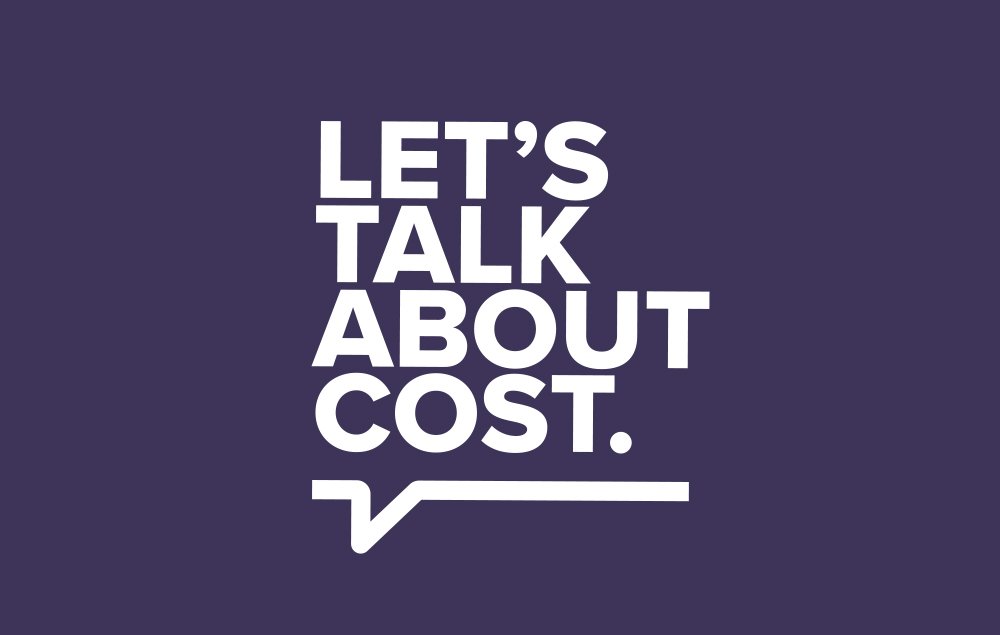The Senate Finance Committee has released a new report detailing findings of their investigation into the role that market dynamics play in the pricing of insulins. The report conclusions further solidify what we already know: perverse incentives in the market drove up insulin costs for patients.
Some key details. Many insulins have experienced significant net price declines in recent years.
But patients are NOT sharing in the savings. While the existing system results in increasing rebates and discounts and declining net prices for insulin, these savings are often not used to lower patients’ out-of-pocket costs at the pharmacy counter.
- Patient costs at the pharmacy counter can take the form of deductibles or coinsurance, which expose patients to the undiscounted list price of a medicine, even though health plans and PBMs pocket sizable discounts and rebates.
- In fact, according to an analysis by IQVIA, patients with deductibles and coinsurance taking brand diabetes medicines paid 3.6 times more out of pocket, on average, in 2019 compared to patients with flat co-pays.
Middlemen benefit at the expense of patients.
Economists and actuaries have observed that the distorted incentives within the pharmaceutical supply chain may create a dynamic where middlemen involved in distributing and paying for prescription medicines benefit from higher list prices and higher rebates. This raises questions about whether insurers and PBMs are more focused on the size of rebates than on achieving the lowest possible costs and best outcomes for patients.
The Senate Finance Committee has answered these questions, concluding that “
PBMs have an incentive for manufacturers to keep list prices high, since the rebates, discounts, and fees PBMs negotiate are based on a percentage of a drug’s list price—and PBMs retain at least a portion of what they negotiate.”
Patients need a better approach. When patients struggle to afford their insulin, those who make this life-saving medicine step in and help patients meet their out-of-pocket expenses. But we believe more needs to be done to address incentives that benefit insurers and PBMs and improve insulin affordability for patients. Here are six ways to help make that happen:
- Share the savings health plans receive from biopharmaceutical companies with patients to lower costs at the pharmacy counter
- Allow more patients to access insulin without worrying about deductibles
- Require that fees for PBMs and other entities in the supply chain are tied to the value of their services, rather than calculated as a percent of medicine prices
- Modernize the Medicare Part D program by establishing an annual cap on out-of-pocket costs and allowing seniors to spread costs throughout the year
- Provide flat copays for insulin for patients in commercial health plans and those with health insurance through the Affordable Care Act
- Count out-of-pocket costs paid through third-party discount programs and cost-sharing assistance toward the deductibles and out-of-pocket limits patients face
The system needs to work better for patients, and biopharmaceutical research companies are willing to do our fair share to find common sense solutions. Learn more at
www.PhRMA.org/diabetes.



